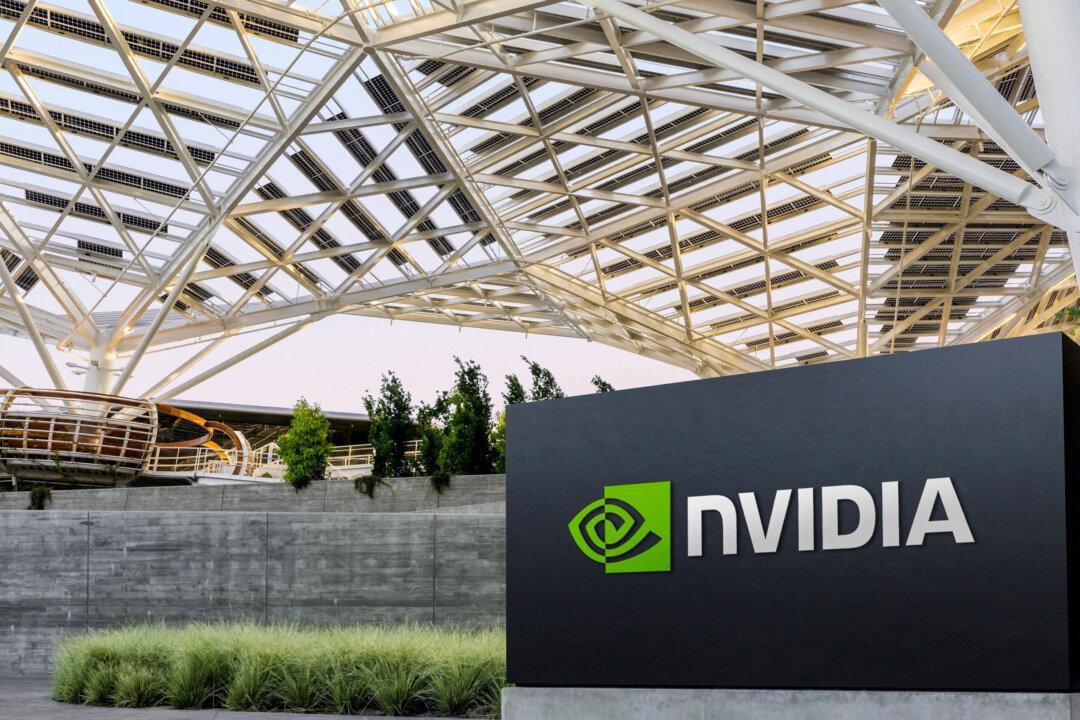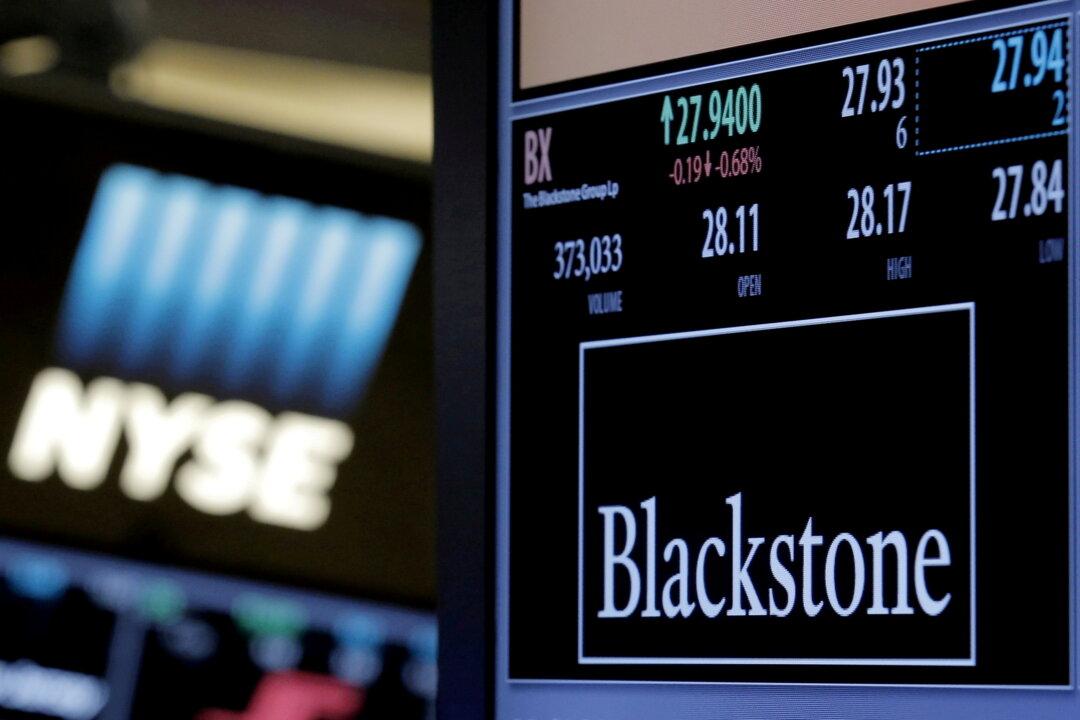Nvidia failed to satisfy investors’ lofty expectations for the $3 trillion chipmaker’s fiscal year 2024 second-quarter earnings report, sending the stock lower and slightly weighing on the tech-heavy Nasdaq Composite Index.
Company shares tumbled 6 percent during the Aug. 29 trading session, sliding below $118. The Nasdaq was little changed, dipping 0.23 percent. Both moderately recovered in the trading session on Friday.





